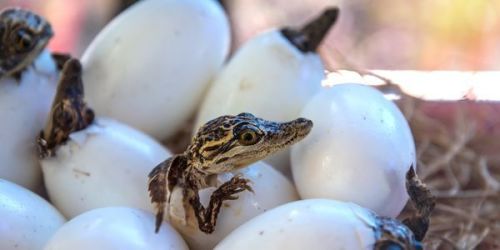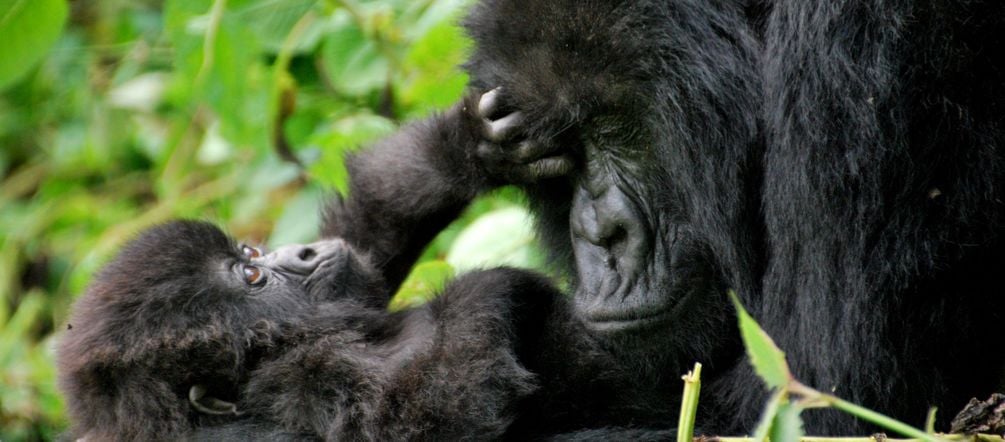Exciting news from the Port Macquarie Koala Hospital
Posted on
|
The Port Macquarie Koala Hospital is going to partner with several leading research institutions to breed koalas and protect the future of the species! And the koalas will be released into the wild! The goal is to have up to 60 breeding koalas on site. In the first instance, these will be sourced from the mid north coast, with a view to releasing selected offspring to certain areas within a couple of areas. Selected koalas from other New South Wales locations will be bred in separate areas for eventual release back to their places of origin.
The hospital is partnering with the Taronga Conservation Society Australia, the Australian Museum and the University of Sydney. Each partner brings its own specialist knowledge and expertise: The Australian Museum specialises in population genetics, and by applying DNA-based tools, it will be possible to gain a better understanding of the unique history and habitat requirements of specific threatened populations, and that will enable the partners involved in the project to develop more targeted management strategies. The University of Sydney has expertise in genetics and understanding how to improve breeding and translocation decisions for koalas. The incredible part of all this is that the breeding facility is going to be funded by the donations made from the public to the Go Fund Me fundraiser during the terrible bushfires of 2019/2020. It’s a very exciting development for koalas and will help the hospital stop the decline of koala populations and establish new koala groups in New South Wales. The Go Fund Me fundraiser is still going, and you can donate here. |

